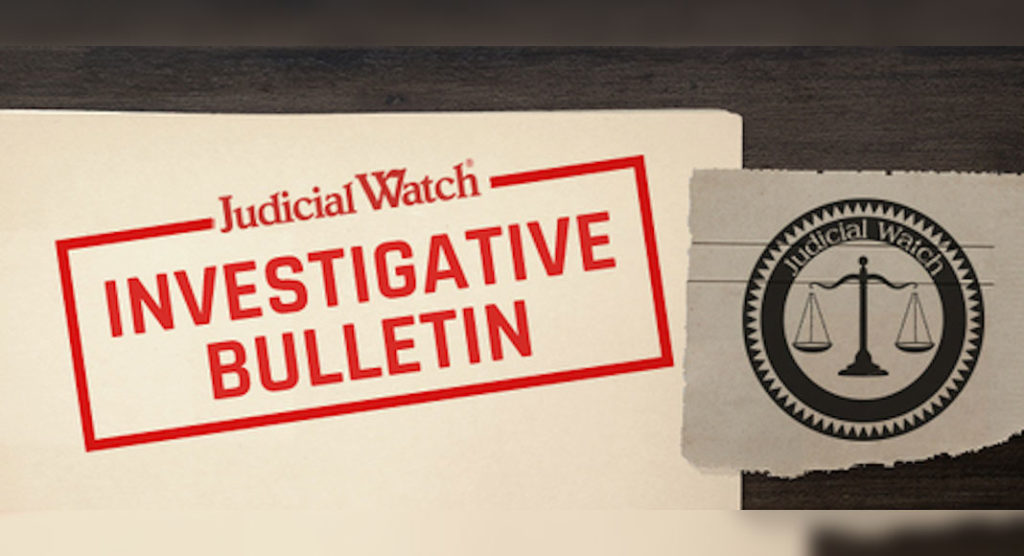
Texas Border Business
2021 started with a bang in New York City—literally. Two hours into the new year, the city had already recorded eight people shot in six separate incidents, including a triple shooting steps away from Borough Hall in Queens.
Of course, the past is prologue. 2020, wrote the New York Daily News, saw a “crime surge straight out of hell: a 97 percent jump in shootings and a nearly 45 percent surge in murders.” And as New York went, so went much of urban America. The Christian Science Monitor reported that “51 cities of various sizes across the U.S. saw an average thirty-five percent jump in murder from 2019 to 2020.” Gun assaults are up 10 percent nationally over 2019, according to a study cited by the Monitor.
New York Mayor Bill de Blasio blames the pandemic for rising crime, but the facts speak otherwise. Mayhem was trending upward in urban America long before Covid-19 hit our shores. Judicial Watch warned in 2019 that New York and other urban centers were slipping toward a crisis of crime and disorder. In early 2020, pre-pandemic, we reported that the Left’s experiments with criminal justice reform in New York were emptying jails and driving up crime rates.
In 2020, the coronavirus influenced at least three areas of crime in New York: transit crime—subways and buses; small business crime, particularly crimes against the city’s ubiquitous 24-hour bodegas; and hate crime, particularly crimes against Asian-Americans.
Transit crimes—assaults, theft, quality of life infractions like public drinking, public urination, and turnstile jumping—are down. But that’s largely because pandemic-era ridership is down.
Crimes against bodegas are sharply up. The convenience stories are lifelines in many communities. But they’re easy targets, particularly when the entire population is wearing masks. The New York Times reports that police data for the first eight months of the pandemic show a 63 percent increase in bodega shootings, a 222 percent jump in bodega burglaries, and a ten percent rise in robberies. “Six people have been killed in or just outside the stores,” the Times noted.
Hate crimes, in general, are down, but crimes against Asian-Americans are up. The NYPD is tracking more than two dozen hate crimes against Asian-Americans with a coronavirus-connection—usually physical or verbal assaults blaming them for bringing the virus into the country. Anecdotal reports from around the city indicate the number is higher, but that many incidents go unreported. Crimes against Asians are “definitely higher than normal” in every borough of the city, NYPD Chief of Detectives Rodney Harrison said in August.
What will 2021 bring? Covid-19 seems certain to be vanquished—a triumph history may look on very differently from the widespread carping these days about delays and defeats. But America’s cities have lurched left in recent years, entrenching a new generation of radical activists in municipal and criminal justice posts. The Manhattan Institute’s Steven Malanga warned in 2019 that nationwide, the Left is “pulling back on enforcement of quality-of-life infractions, ceding public space again to the homeless and drug users, undermining public school discipline, and releasing violent criminals back into communities or refusing to prosecute them in the first place.”
Our plague year didn’t change those trends. In fact, the Left grew more powerful in urban America while the virus raged. How powerful? 2021 will tell us a lot about that.














